World Vets Provides Education & Veterinary Services in Samoa
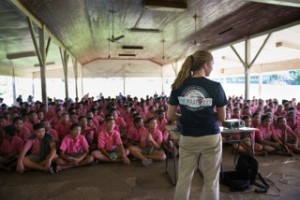
Photo Credit: Amanda Saavedra/World Vets
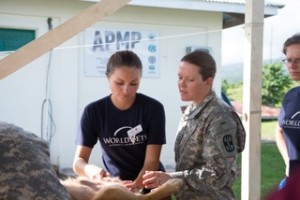
Photo Credit: Amanda Saavedra/World Vets
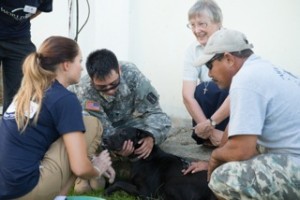
Photo Credit: Amanda Saavedra/World Vets
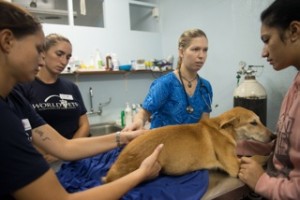
Photo Credit: Amanda Saavedra/World Vets
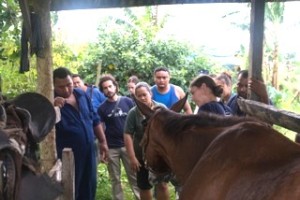
Photo Credit: Amanda Saavedra/World Vets
World Vets volunteers were hard at work this past week on the Samoan islands of Upolu and Sevai’i doing everything from spay and neuter clinics, educational lectures, and even having some fun with kids at two Special Olympic health fairs. While they were there, they witnessed a culture very different from their own, where community and sharing are very much the way of life. Along with the U.S. service members and other partner nations participating in the Pacific Partnership 2013 mission (PP 2013), they integrated into the different villages of Samoa working to better their communities and the health of both the people and the animals in them.
Spay and neuter clinics were held on both Upolu and Sevai’i, where World Vet volunteers and U.S. Army veterinarians and vet techs set up free clinics at local churches and various other sites. Countless families came with their furry friends to get them spayed and neutered to better their communities. In Samoa, dogs have begun to create a problem due to overpopulation, lack of regulation and proper confinement. Many homes in Samoa are called “fallahs,” which is a home without walls. The homes are a part of communities where everything is shared among them. Naturally, these communities have no fences and many dogs run freely, contributing to the dog over population problem. Spay and neuter clinics provided by Pacific Partnership gave these communities the opportunity to bring their dogs and cats in and prevent their own pets from contributing to the problem.
An overpopulation of dogs also means dog bites are a common occurrence. World Vet volunteers and U.S. Army veterinarians visited several schools educating young children about dog bites, how to prevent them, and what to do in case they get one. The children in these schools were so eager to learn and quickly caught on to the signs of what a mean, scared, or unthreatening dog looks like. US Army vets also spoke about the importance of washing ones hands after petting animals and even gave the kids a great way to remember how long hands should be washed for by singing Twinkle, Twinkle Little Star with them. With these tools given to the children Vets are hope that not only will the information be passed on to their families at home, but that dog bites will be prevented in the future.
World Vet volunteers and U.S. Army Veterinarians also held educational lectures for the members of the Animal Protection Society in Upolu and those who work in the meat industry. Lectures covered everything from body scoring of horses, learning about new drugs available for neutering dogs, proper physical examinations of both large and small animals and properly preparing animals for slaughtering and the process that follows. These lectures brought the local veterinarians and “para-vets” up to date on the latest information and also ways to complete procedures and examinations with what the local community has, making the procedures and examinations available to them in the future.
On both Sevai’i and Upolu, World Vet volunteers and U.S. Army vets joined other U.S. service members Non-Governmental Organizations (NGO’s) and other partner nation service members of PP 2013 for Special Olympic eligibility health fairs. While children were checked-out by various members of the PP 2013 medical team they were given the opportunity to learn about preventing dog bites and color in books featuring their unique furry friends. With more than 100 kids in attendance, many children got to meet with veterinarians for some fun and learning. Some vets even got to throw around a rugby ball with the kids participating in the events.
Samoa is just the beginning of the Pacific Partnership 2013 mission and World Vets has already accomplished so much. After departing Samoa, World Vets, other NGO’s, partner nations, and U.S. service members will be heading towards Tonga, where more exciting and community based projects are waiting.
*This article was written by Amanda Saavedra, World Vets photojournalist on board the 2013 Pacific Partnership mission




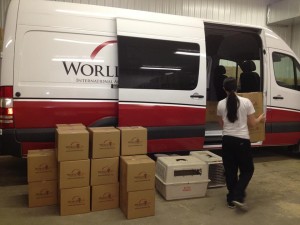 In response to the tornado that hit Oklahoma this month, World Vets teamed up with the
In response to the tornado that hit Oklahoma this month, World Vets teamed up with the 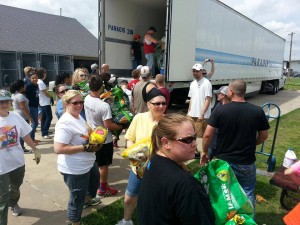 supplies that were delivered as part of a shipment organized by local Fargo, North Dakota TV station Valley News Live. These donated supplies were set up next to the “Reunion Facility” for owners that had been recently reunited with their pets to “shop” for food, crates, toys and more.
supplies that were delivered as part of a shipment organized by local Fargo, North Dakota TV station Valley News Live. These donated supplies were set up next to the “Reunion Facility” for owners that had been recently reunited with their pets to “shop” for food, crates, toys and more.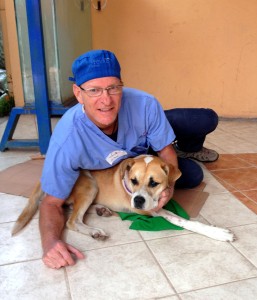
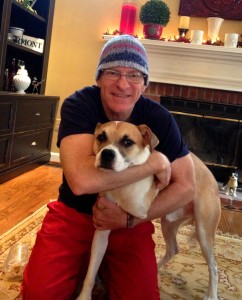
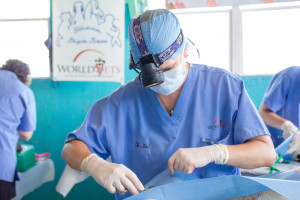 Volunteer veterinarians are still needed for two small animal projects that are scheduled to take place this summer in
Volunteer veterinarians are still needed for two small animal projects that are scheduled to take place this summer in 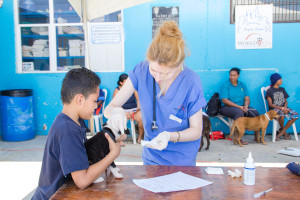 providing sterilization surgeries for cats and dogs, medical diagnosis and treatment, health consultations, and may be involved in performing other surgeries, teaching and/or instruction to students and/or local volunteers or pet owners.
providing sterilization surgeries for cats and dogs, medical diagnosis and treatment, health consultations, and may be involved in performing other surgeries, teaching and/or instruction to students and/or local volunteers or pet owners.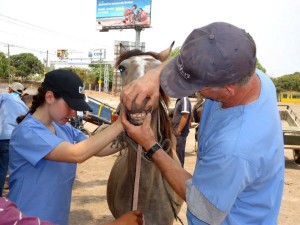 World Vets recently deployed a volunteer veterinary team to Granada, Nicaragua as part of our equine welfare project in the area. Our team, along with Nicaraguan veterinarians and students, held a free equine welfare clinic in and around the city which benefited 300 horses.
World Vets recently deployed a volunteer veterinary team to Granada, Nicaragua as part of our equine welfare project in the area. Our team, along with Nicaraguan veterinarians and students, held a free equine welfare clinic in and around the city which benefited 300 horses.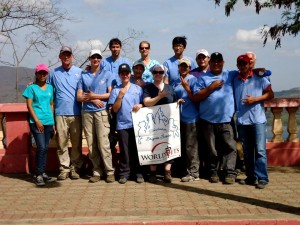 removals and more!
removals and more!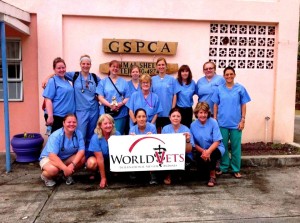 In April World Vets sent an all female volunteer veterinary team to St. George’s, Grenada. There they worked in collaboration with the Grenada SPCA as well as students from St. George’s University. Together we provided a large scale spay/neuter and animal health campaign which resulted in animals from all over the island benefiting from our free services. We’d like to thank World Vets veterinary volunteers as well as GSPCA and St. George’s University for all of their support in making our visit and campaign a reality.
In April World Vets sent an all female volunteer veterinary team to St. George’s, Grenada. There they worked in collaboration with the Grenada SPCA as well as students from St. George’s University. Together we provided a large scale spay/neuter and animal health campaign which resulted in animals from all over the island benefiting from our free services. We’d like to thank World Vets veterinary volunteers as well as GSPCA and St. George’s University for all of their support in making our visit and campaign a reality.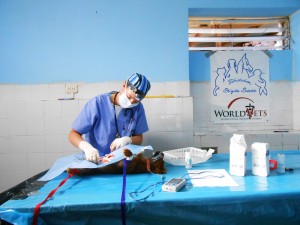 World Vets strives to work in partnership with foreign animal welfare groups, veterinary professionals, local and national governments and NGO’s as well as their respective agencies responsible for animal welfare, agriculture and public health. Throughout the year World Vets sends volunteer veterinary teams, who work in collaboration with many of these entities, to provide free veterinary services to animals in need. More specifically, we provide skilled teams of veterinary professionals to execute large scale community and/or island wide veterinary care.
World Vets strives to work in partnership with foreign animal welfare groups, veterinary professionals, local and national governments and NGO’s as well as their respective agencies responsible for animal welfare, agriculture and public health. Throughout the year World Vets sends volunteer veterinary teams, who work in collaboration with many of these entities, to provide free veterinary services to animals in need. More specifically, we provide skilled teams of veterinary professionals to execute large scale community and/or island wide veterinary care.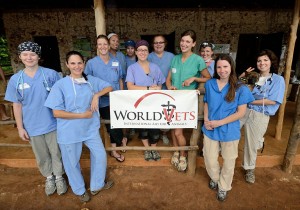 If you would like to request that a World Vets team visit your area in the coming year to provide free veterinary services, please send an email to info@worldvets.org to receive our official requesting veterinary assistance form.This form must be filled out by a member of the requesting organization and/or animal welfare or volunteer group who resides in the requesting project location.
If you would like to request that a World Vets team visit your area in the coming year to provide free veterinary services, please send an email to info@worldvets.org to receive our official requesting veterinary assistance form.This form must be filled out by a member of the requesting organization and/or animal welfare or volunteer group who resides in the requesting project location.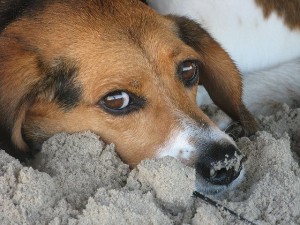 There is just 1 TECH/STUDENT position left open for our June 2013 pilot project to Paramaribo, Suriname, located in South America.
There is just 1 TECH/STUDENT position left open for our June 2013 pilot project to Paramaribo, Suriname, located in South America.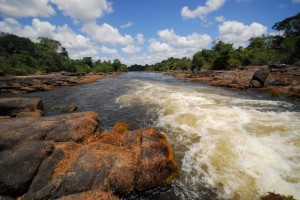 technicians as well as pre – veterinary students, veterinary students and veterinary technology students. To learn more about the anticipated activities and tasks under this category, see
technicians as well as pre – veterinary students, veterinary students and veterinary technology students. To learn more about the anticipated activities and tasks under this category, see 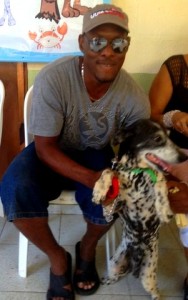
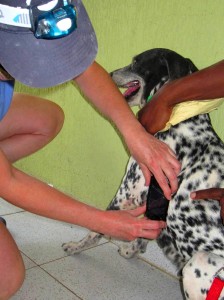
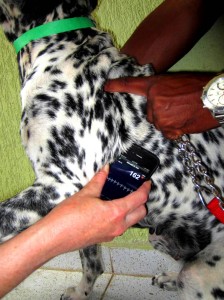 “Pecas”, a 13 year old female dog, arrived at our most recent spay/neuter and animal outreach clinic held last month in San Andres Island. Overall she was in good shape and generally well looked after. However, over her lifetime she had had countless litters and was still cycling in her old age. For fear that she would accidentally become pregnant again, her owner wanted to have “Pecas” spayed. While this was not an uncommon scenario, what made this case especially unique was that “Pecas” had recently been diagnosed heartworm positive by a local veterinarian. She was also discovered to have a fast heart rate and murmur. It was claimed that because of this condition she would not likely survive the surgery.
“Pecas”, a 13 year old female dog, arrived at our most recent spay/neuter and animal outreach clinic held last month in San Andres Island. Overall she was in good shape and generally well looked after. However, over her lifetime she had had countless litters and was still cycling in her old age. For fear that she would accidentally become pregnant again, her owner wanted to have “Pecas” spayed. While this was not an uncommon scenario, what made this case especially unique was that “Pecas” had recently been diagnosed heartworm positive by a local veterinarian. She was also discovered to have a fast heart rate and murmur. It was claimed that because of this condition she would not likely survive the surgery.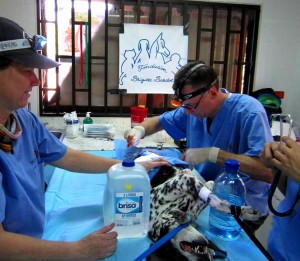
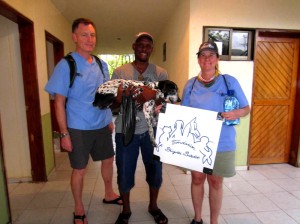
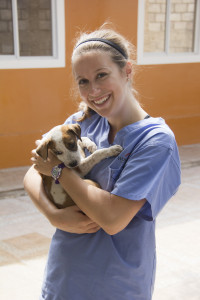 During the whole month of March, World Vets operated its I
During the whole month of March, World Vets operated its I